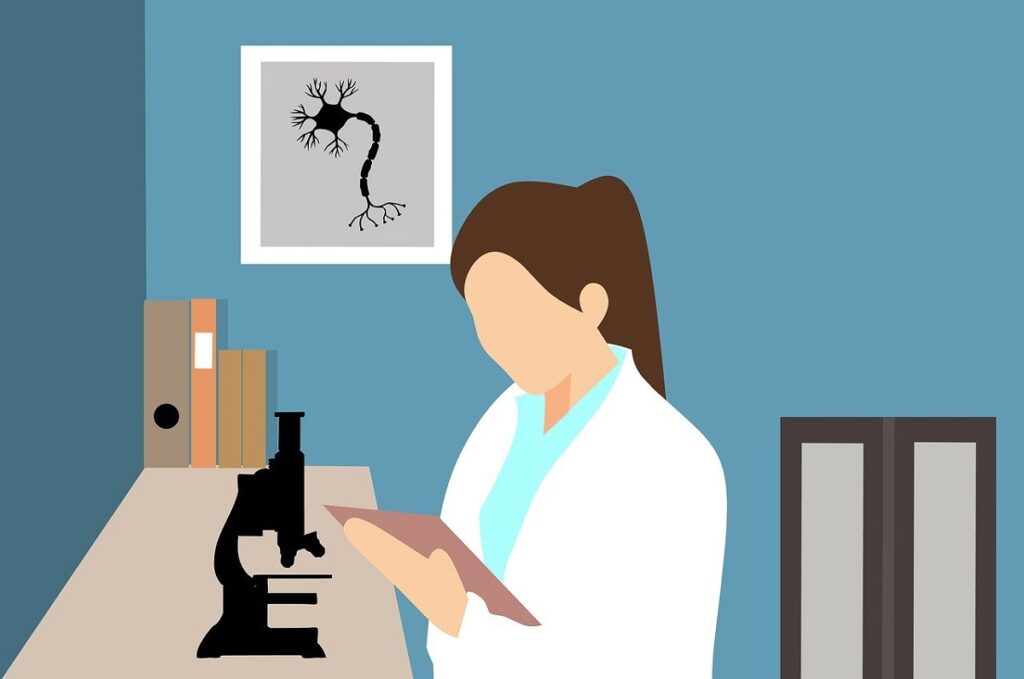On the occasion of International Women’s Day, March 8, it is appropriate to remember the women who have made significant contributions to the advancement of natural sciences, including biotechnology.
Of course, a leading example is Dr. Marie Curie, the first female Nobel laureate, who made contributions to radiation science and its positive applications to help humanity. Or Dr. Marie Daly, the first African-American woman to get a PhD in chemistry, who assisted us in learning how our DNA functions. There are many others, including dozens highlighted by J.P. Carroll in his article for the Biotechnology Innovation Organization (BIO).
It is an undeniable fact that women have been critical to the advancement of the biotechnology industry, both scientifically and socially—particularly during the COVID-19 pandemic, according to Carroll’s article.
BioNTech, co-founded by Ozlem Türeci, M.D., produced the first authorized vaccination based on the innovative mRNA technology that has made rapid development of COVID-19 vaccines possible. Kizzmekia Corbett, Ph.D., a National Institutes of Health scientist, was instrumental in the development of the Moderna mRNA vaccine. In 2020, Anika Chebrolu, a 14-year-old eighth-grader from Texas, won 3M’s Young Scientist Challenge for identifying a potential treatment to cure COVID-19.
Only 1 in 5 biotech CEOs is a woman
Nonetheless, women have historically been underrepresented in the medical and science industries. According to BIO’s “Measuring Diversity in Biotech Industry” report, women make up 47% of all employees at member firms. While the aggregate data on gender representation appears to indicate that the sector is reaching parity, a closer examination indicates that women are becoming scarcer in the highest levels of biotech firms. They account for fewer than a third (31%) of executive team members and only 23% of CEOs.
We are losing a lot, according to a 2019 MIT-focused analysis funded by the Sloan Foundation. This includes lost innovation.
According to the paper, insufficient gender representation in biotech has resulted in at least 40 fewer startups being founded at MIT alone. Spread those statistics over the academic spectrum, and you have thousands of firms that never saw the light of day, not to mention an unfathomable number of ideas, inventions, vaccines, and other advances in biotech that never hit the market. Underrepresentation has a serious impact on society.
Endpoint News highlighted in its review of the study that it is not a pipeline problem, but rather a systemic one. With the assistance of MIT professors, 263 enterprises were founded by 337 persons from 14 of MIT’s scientific and engineering departments, including 73 women. Nonetheless, women made up only 9% (24) of all startup firm founders. These figures contradict the reality that, for example, MIT’s biology department generated more female grads than male graduates.
Furthermore, according to research published in Health Affairs in December 2021, female doctors earn around $2 million less than their male colleagues over the length of a simulated 40-year career.
Support of women in biotech and health
This is why the efforts of biotech leaders to promote representation in the profession are so critical. BIO is addressing the issue straight on via programs such as the BIOEquality Agenda, a nationwide campaign led by BIO partners and member organizations to combat systematic inequality, injustice, and unjust treatment of marginalized communities.
Expand Opportunity for Women and Other Underrepresented Populations is one of the three pillars of change that will create better and healthier communities. It entails attempts to increase the usage of minority- and women-owned small companies in biotech supply chains, as well as initiatives to encourage the economic growth of underprivileged populations, particularly those affected by COVID-19.
In 2019, BIO launched the Right Mix Matters initiative, to give tools to increase gender, racial, ethnic, and LGBTQ inclusion on biotech firm boards, C-suites, and functional leadership positions.




